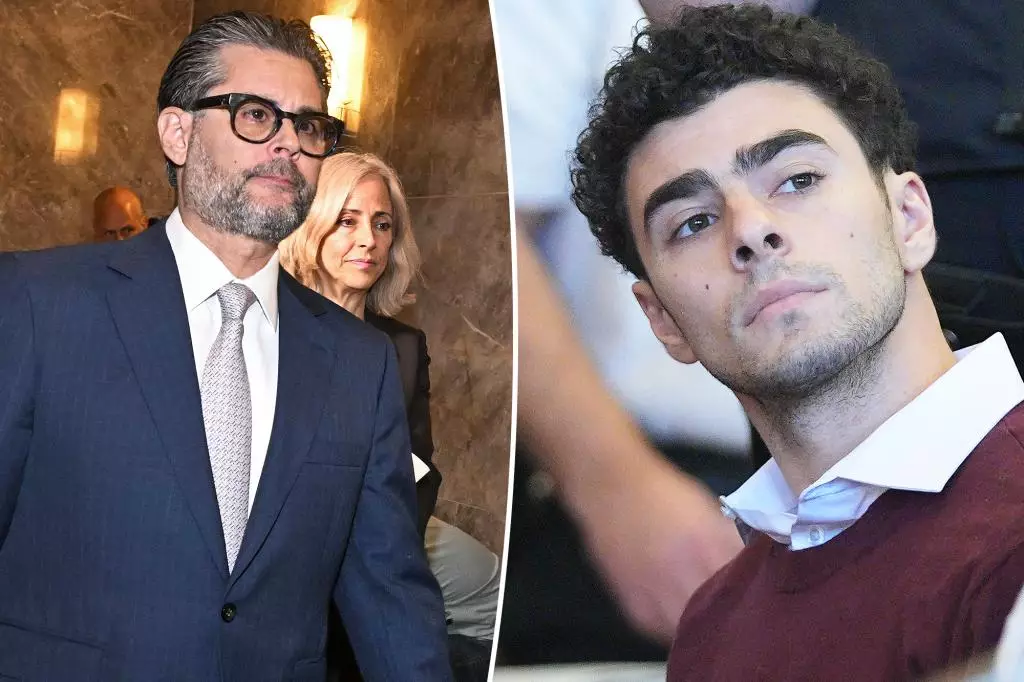In the complex world of the criminal justice system, the choice of legal representation can significantly impact a defendant’s experience and outcomes. Recently, Luigi Mangione, who has been charged with the murder of UnitedHealthcare CEO Brian Thompson, enlisted the help of Craig Rothfeld, a noted prison consultant previously associated with Harvey Weinstein. Rothfeld’s history of serving time for white-collar offenses has shaped his unique perspective, transforming him into a sought-after figure in guiding high-profile clients through the labyrinth of prison life and legal challenges. Notably, Rothfeld articulates the prison environment as a “Byzantine black hole,” highlighting the disorienting and overwhelming nature of incarceration, especially for those unaccustomed to the prison system.
This recruitment signals a crucial moment for Mangione as he prepares for life behind bars. It serves to underline not only the severity of his situation but also the potential impact of professional guidance during the tumultuous initial days of imprisonment, which Rothfeld describes as “very dark” and “very uncomfortable.”
Harvey Weinstein’s story serves as a grim backdrop for discussions surrounding prison life and its effects on health and well-being. Facing serious medical issues including diabetes, spinal stenosis, and leukemia, his circumstances have drawn significant attention, particularly concerning the adequacy of medical care provided in correctional facilities. Weinstein’s lawyers’ decision to pursue a $5 million lawsuit for alleged medical negligence reflects broader concerns regarding the treatment of inmates, regardless of their crimes. Engelmaier, Weinstein’s spokesperson, voiced discontent over the perceived lack of medical attention, suggesting that such negligence is particularly concerning given Weinstein’s declining health.
Rothfeld’s role as a legal healthcare representative in New York not only speaks to Weinstein’s situation but also indicates a shift toward understanding the intertwining of legal and medical representation in the payment of an inmate’s rights and well-being.
Mangione is currently housed in the infamous Metropolitan Detention Center in Brooklyn, where he will share his surroundings with other prominent figures, including Sean “Diddy” Combs, who faces serious charges relating to sex trafficking. The juxtaposition of these two high-profile cases sheds light on how media narratives shape public perception of justice and punishment. The facility itself has garnered notoriety for housing infamous criminals, presenting a unique set of challenges for those inside its walls.
With both Mangione and Combs facing serious allegations, it remains to be seen how these figures will navigate their legal battles, especially in light of the complex support structures surrounding them, including consultants like Rothfeld, whose unique experiences offer insightful guidance. The implications of high-profile cases ripple throughout society, raising essential questions about justice, privilege, and the treatment of inmates within the system.
The intertwining of legal representation and health issues in the lives of inmates reflects broader societal concerns. As high-profile individuals like Weinstein and Mangione encounter the grim realities of incarceration, the roles of consultants and healthcare representatives will be crucial in navigating both the legal labyrinth and the physical challenges they face within the prison system.

Leave a Reply